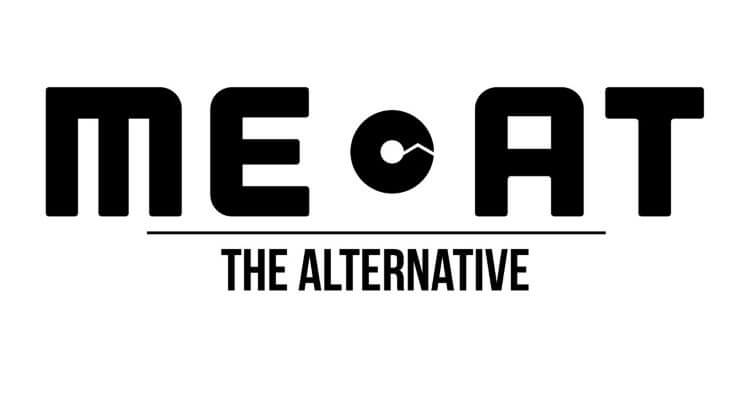This April we reported that meat giant Vion had plans to become involved in the plantbased market. Then in early October, Vion announced on its website that it was launching an alt-meat line called ME-AT. And yesterday it was revealed that Vion’s slaughterhouse and meat processing plant in Leeuwarden will become a vegan meat factory.

VION N.V. is an internationally operating Dutch company founded in the Netherlands in 1930. At its primary factory, 10,000 pigs have been killed daily – and now it appears that Vion is taking a change of direction for at least part of its food production.
Vion states on its website, regarding the new plantbased arm ME-AT: “Alongside the sustainable production of traditional meat, a new part of the organisation, ME-AT, will work as a food designer and concentrate on developing high-quality meat alternatives. The products will offer the taste, texture and eating experience of traditional meat […] With the new start-up, Vion is focusing on products that are meat-like in their flavour and appearance”
Yesterday the Dutch publication Veldpost revealed that the slaughterhouse and processing plant in Leeuwarden will be repurposed into a plantbased facility. CEO Ronald Lotgerink said, “The meat processing capacity in the Netherlands has increased considerably in the past two years and has turned out to be more than sufficient to meet the demand. With our current knowledge of our investment of a few years ago, we are now making the strategic choice to invest in a plant for vegetable products in Leeuwarden.”

“We will continue our activities with our customers at other Vion locations. In addition, we will welcome arable farmers as new suppliers in our vegetable chain.”
At present, the facility is still processing of beef, but Vion say that it has been “built according to the latest standards and can, with a few modifications, be used for plant production.”





